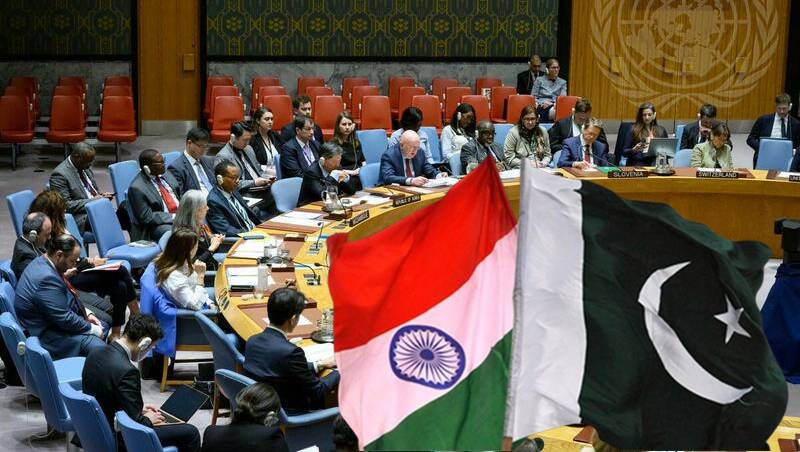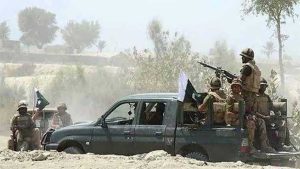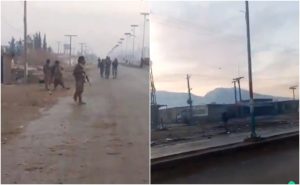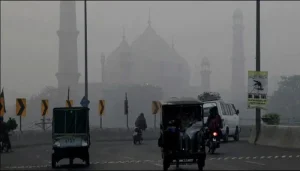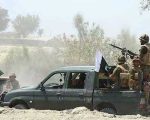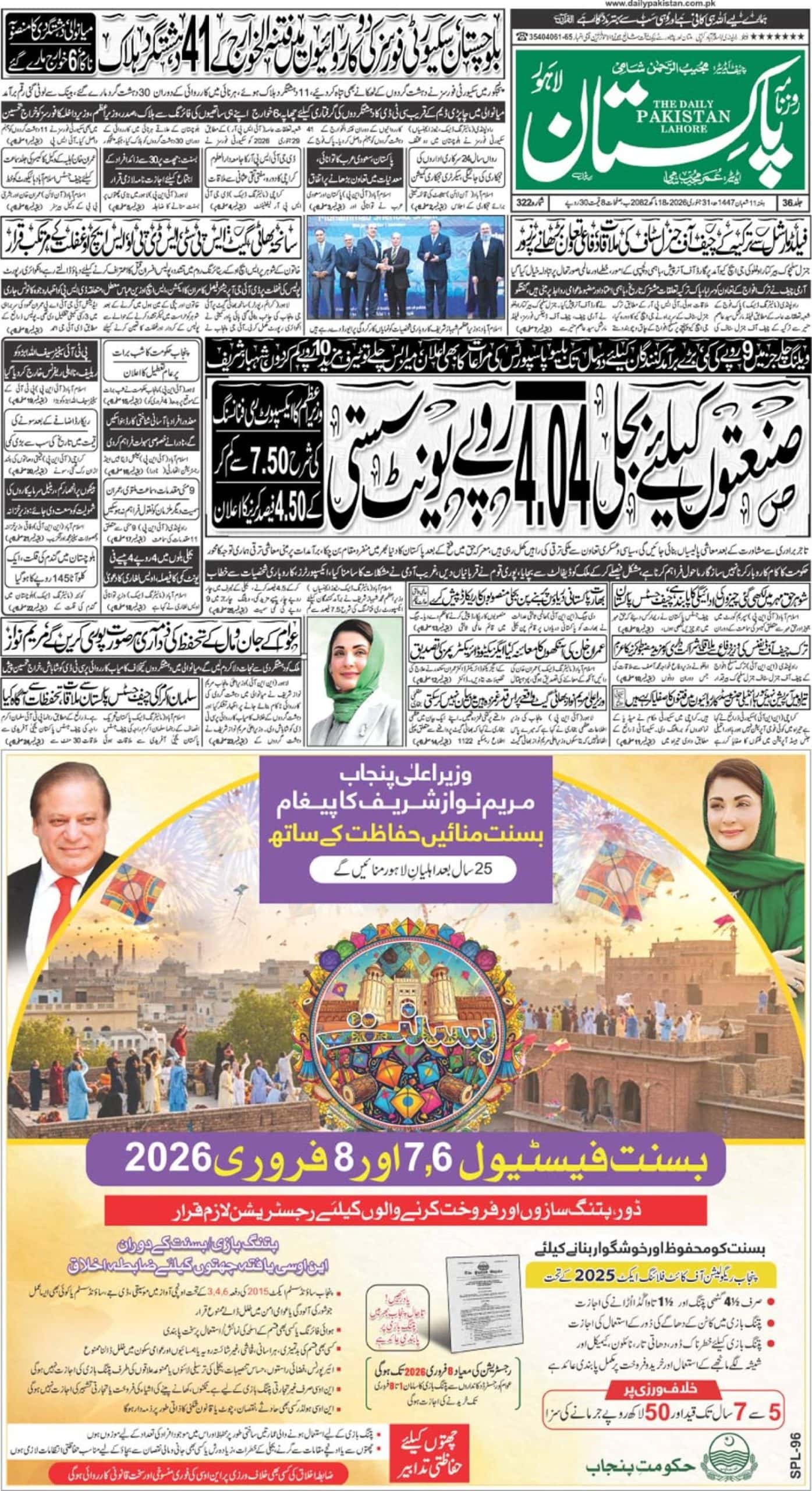NEW YORK – United Nations Security Council (UNSC) is closely monitoring rapidly escalating situation between Pakistan, and India, with increasing concerns that tensions could potentially lead to military strikes.
UNSC President Evangelos Sekeris confirmed that Council is considering convening an urgent meeting to discuss the situation. This comes in wake of deadly attack on April 22 in Pahalgam, located in Indian-occupied Kashmir, which has further inflamed the already volatile relations between armed individuals.
The assault, which resulted in deaths of 26 individuals, has been condemned by UNSC, with the Council labeling it a “terrorist act.” The Council has also called for accountability and emphasized the importance of international cooperation to track down the perpetrators. However, the blame game between India and Pakistan continues, with each side accusing the other of being responsible for the attack.
UNSC President said key global powers have stepped up diplomatic efforts to prevent further escalation. However, he acknowledged that the situation remains highly precarious, with the possibility of military action looming if tensions are not de-escalated swiftly.
“Given the involvement of two nuclear-armed nations, the threat of military action is a serious concern,” Sekeris said. “The Security Council is actively exploring diplomatic solutions to avoid a conflict, but the risk remains high.”
Pak-India Tensions
The situation is on the edge of dangerous precipice. India accused Pakistan of orchestrating the attack in Kashmir, a claim that Islamabad has strongly denied. Pakistan has called for an independent investigation into the incident, but the diplomatic row has escalated further.
In retaliation to attack, India suspended Indus Waters Treaty—a critical agreement regulating water-sharing from the Indus River system—raising fears of further tensions over water resources. Meanwhile, Pakistan has closed its airspace to Indian flights, signaling a breakdown in diplomatic and communication channels.
The potential for military confrontation remains significant. Both nations have large military presences in the region, and tensions over Kashmir have led to several military clashes in the past. The risk of a larger conflict, with the involvement of nuclear weapons, has drawn widespread concern from the international community.
UNSC urged both nuclear-armed nations to exercise restraint and engage in dialogue to defuse the crisis. With both sides digging in, the situation remains volatile, and any misstep could lead to a disastrous military escalation.
Pakistan ramps up military drills as tensions increase with India

